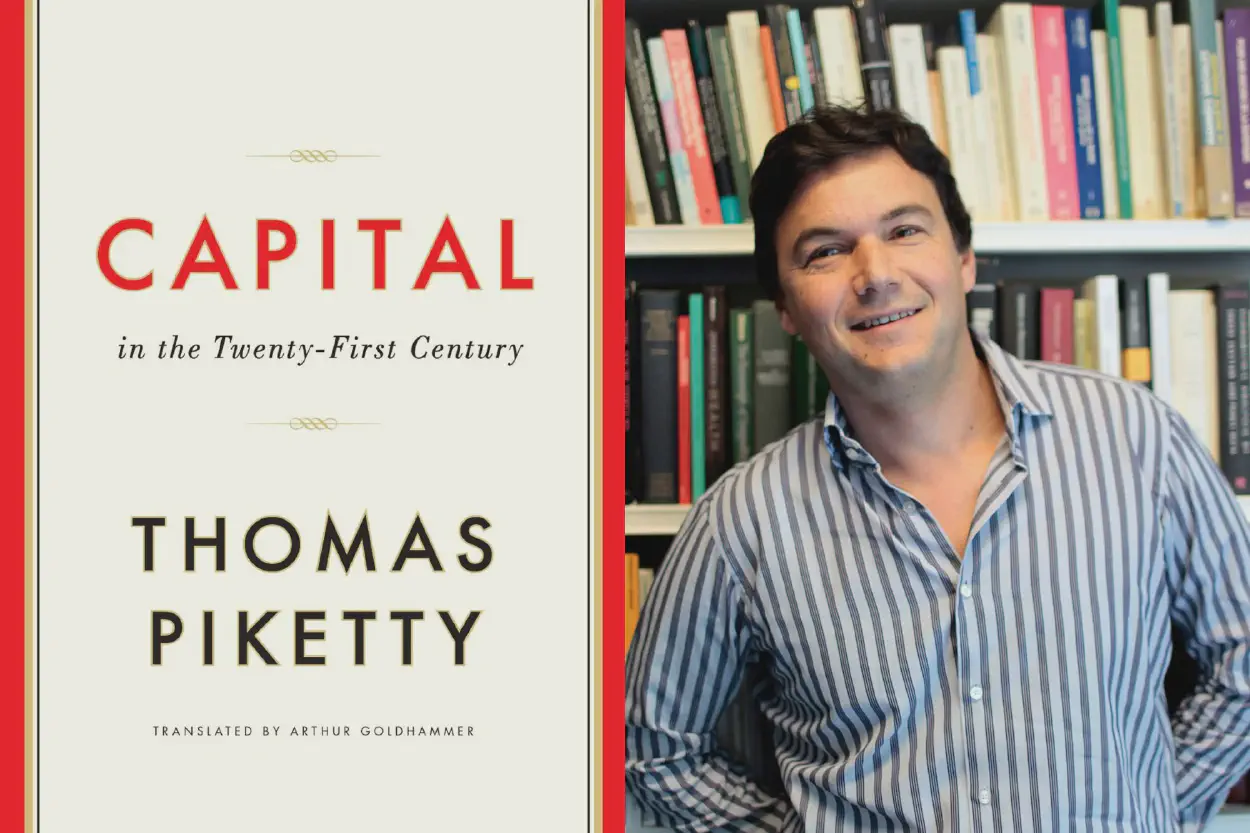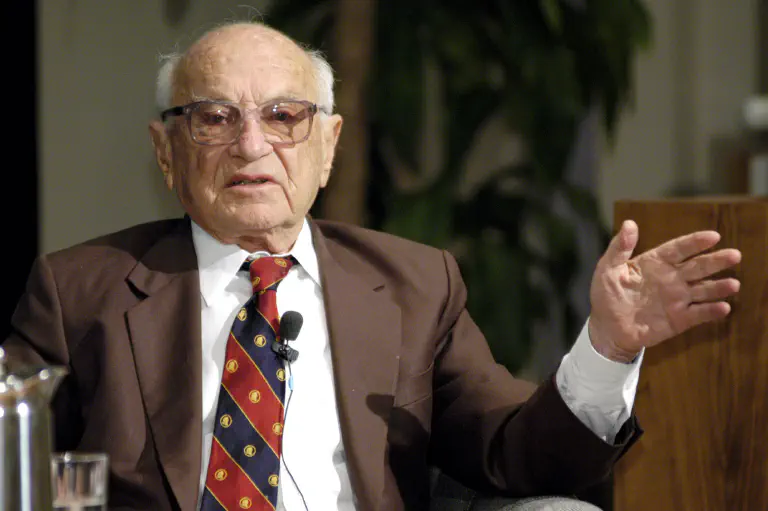Milton Friedman
Intentional obfuscation is offensive.
It's not about the reader, it's about the author, setting out to prove his or her intellectual prowess, to stake out a line in the sand that separates those who get it from those who don't.
It's a parlour trick.
Literary art is not obfuscating. It sets the reader in real experience and simplies it..
It's about everything the reader has ever listened to or read.
It's about linguistic and cultural rhythm and stimulation.
In economics there is art, politic, and obfuscation.
When you read from Friedman, you don't find obfuscation.
Just politic, and art.
Be careful not read Friedman as formative ethical or positional guide.
But read him as one views a piece of art in a gallery.
His writing style is instructive, and quite beautiful.
If you would look beyond his message, and into the economic machine as a combination of productivity and utility (aggregate happiness), and I hope you would, read from Friedman's essay "The Social Responsibility of Business is to Increase it's Profits" here.
Enjoy the literary art in economics.
But be mindful, his politic has long been dropped from the social contract.
We know today that it's not only okay for business to engage in social responsibility, but it's also financially healthy.
Shareholders pay taxes to government to do what business are not charged with, like keeping everyone in society healthy and protected.
But governments are beholden to funders, who have often less altruistic objectives.
On aggregate, shareholders reward socially responsible businesses by purchasing more of their products.
Thomas Piketty

Thomas Piketty is quite the speaker, and that passes through to his writing.
Try not to be hypnotized.
Though if you were, it shouldn't be such a terrible thing.
Piketty makes the point Marx made, in a modern way.
Marx told us business structure and profit motive drive average wage under natural wage - or under the amount a given individual needs to earn in a lifetime to sustain home and family.
The restulting forced redistribution of wealth causes social collapse and revolution.
Piketty says as long as returns on capital are greater than returns on labour, wealth will continue to accumulate in fewer and fewer hands.
Moreover, unless the return on labour is high - as is the case with executives and celebrated talents - the return on labour relative the return on capital will stagnate, again applying downward wage pressure on an increasingly larger demographic.
Piketty's second book "Capital and Ideology," among other things, charts a path to equality and economic sustainability.
His fixes aim at wealth and power redistribution.
More employee representation on boards, caps on shareholder voting power, and high wealth taxes.
Also interesting is his suggestion of a lump-sum government funded endowment of some $132,000 to each person at the age of 25.
His prescriptions are more than well thought out. They are the product of many lifetimes of research by economists and their subset, econometricians.
Calculate, for example, the net present value of a 25 year forward payout of $132,000.
It cannot be a lot of money.
Tie $132,000 to the price of a home and Piketty's fix is a communistic social housing policy.
Of course human nature is not ready to align with equitable distribution.
One can readily imagine the kind of barriers that would evolve in practice were a house-sized endowment provided by law to every individual.
But what is our future but the reflexive realization of our historical imagination
Feature Image Source Bloomburg



















